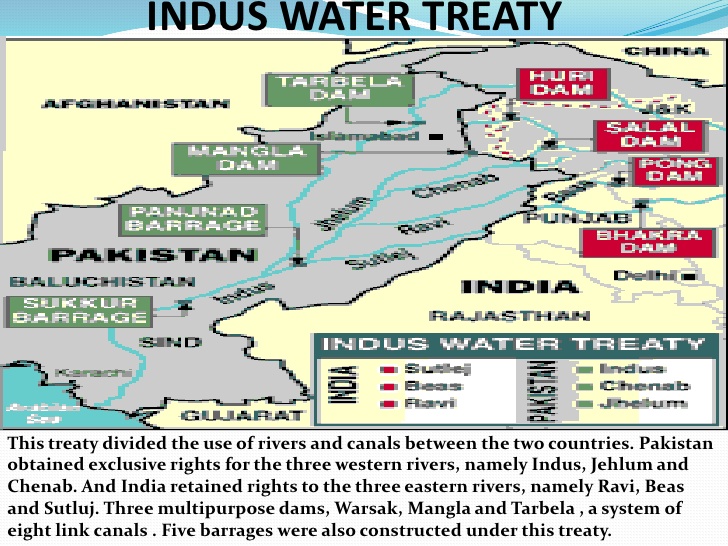-
Tips for becoming a good boxer - November 6, 2020
-
7 expert tips for making your hens night a memorable one - November 6, 2020
-
5 reasons to host your Christmas party on a cruise boat - November 6, 2020
-
What to do when you’re charged with a crime - November 6, 2020
-
Should you get one or multiple dogs? Here’s all you need to know - November 3, 2020
-
A Guide: How to Build Your Very Own Magic Mirror - February 14, 2019
-
Our Top Inspirational Baseball Stars - November 24, 2018
-
Five Tech Tools That Will Help You Turn Your Blog into a Business - November 24, 2018
-
How to Indulge on Vacation without Expanding Your Waist - November 9, 2018
-
5 Strategies for Businesses to Appeal to Today’s Increasingly Mobile-Crazed Customers - November 9, 2018
PM Modi to discuss Indus Water Treaty today
As per the details of the agreement, the “eastern rivers” of Beas, Ravi and Sutlej were allocated to India for use of water without restriction while the “western rivers” of Indus, Jhelum and Chenab were given to Pakistan.
Advertisement
PM Narendra Modi will be briefed on the provisions of the Indus Waters Treaty by senior officials on Monday, a discussion seen as significant in the light of India-Pakistan tensions following the death of 18 soldiers in a terrorist strike at an Army camp in Uri last week. Sources indicate that the Prime Minister has summoned all officials concerned for the meeting and is expected to discuss all the pros and cons of cancelling the treaty.
One of the suggestions is to turn off the Indus river tap that waters much of Pakistan.
Advertisement
The treaty deals with the rivers- Ravi, Beas, Sutlej and their tributaries and the three western rivers of Indus, Jhelum, Chenab and their tributaries. India would have to tread carefully before it tries and reviews the treaty which has survived over 50 years since its signing on September 19, 1960. All the three rivers enter Pakistan from India. This is true despite the fact that even the rivers which come under Pakistani control do not originate in Pakistan and enter the country from India. Making any precedent in which an upper riparian state is overbearing can give hints to Beijing on the water-sharing issue, which doesn’t augur well for India. Fatah further said that unless and until Pakistan feels the heat directly, there will be hardly any change in their attitude. Though the agreement has been seen as one of the most successful water-sharing pacts, the current tension between the two South Asian neighbours might well lead to a flashpoint. And the idea that India can intimidate Pakistan by threatening to cut of river waters is nothing new.




























